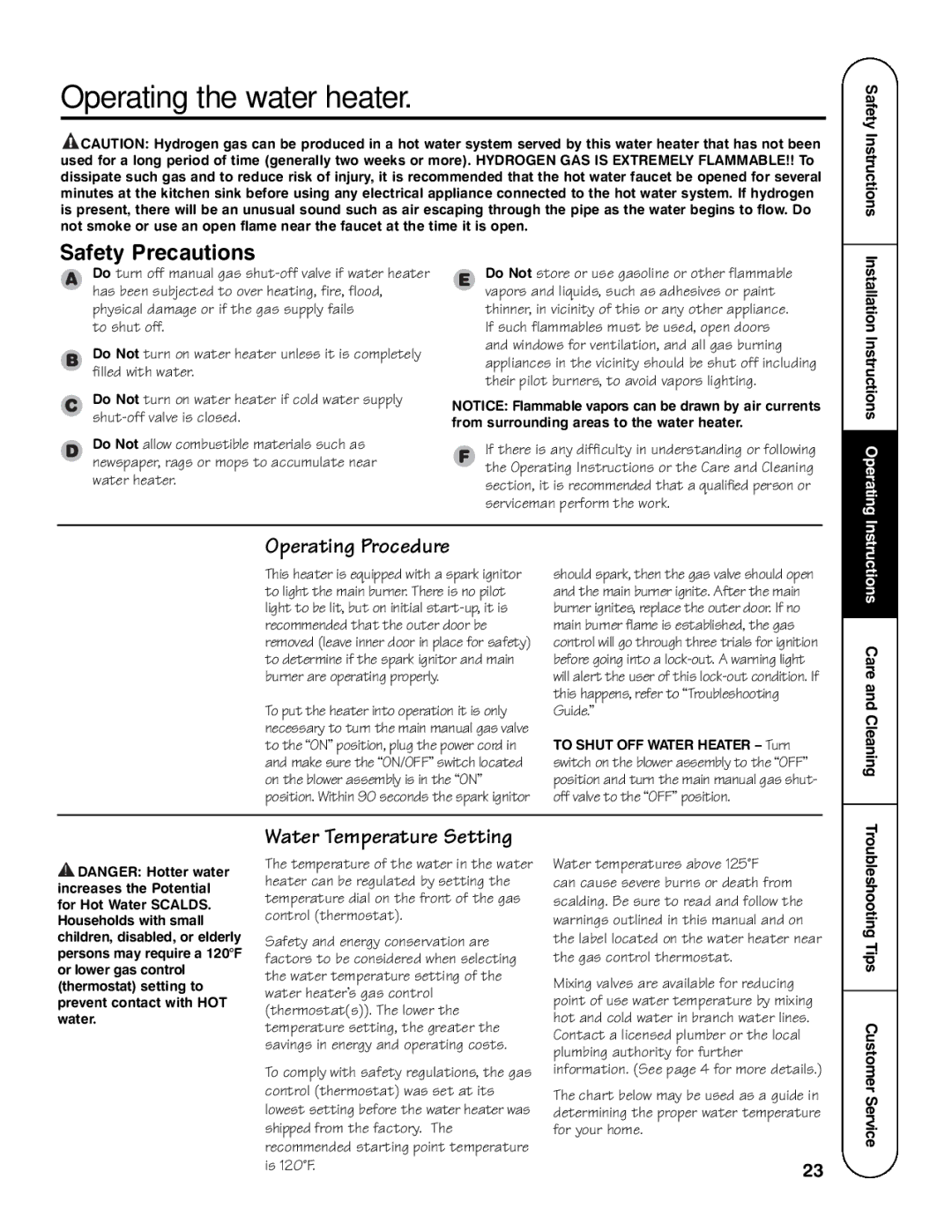AP13787 specifications
The GE AP13787 is a smart and innovative appliance that has quickly gained attention for its advanced features and modern technologies. This product exemplifies GE's commitment to providing consumers with high-quality and efficient home solutions. The GE AP13787 stands out in the market, particularly due to its combination of functionality, energy efficiency, and user-friendly design.One of the primary features of the GE AP13787 is its cutting-edge smart technology, which integrates seamlessly with smart home systems. This appliance is equipped with Wi-Fi connectivity, allowing users to control it remotely through a smartphone application. This capability enhances convenience, as consumers can monitor and adjust settings from anywhere, whether they are at home or on the go. The smart diagnosis feature also adds value, enabling users to troubleshoot potential issues quickly, minimizing downtime, and ensuring the appliance operates optimally.
In addition to its smart capabilities, the GE AP13787 boasts energy-efficient performance, an increasingly vital consideration for eco-conscious consumers. The appliance is designed to reduce energy consumption without sacrificing performance, helping users save on utility bills while also promoting sustainability. Its Energy Star certification is a testament to its efficiency, reflecting GE’s emphasis on responsible manufacturing and environmental stewardship.
Another notable characteristic of the GE AP13787 is its spacious and thoughtful design. It features ample storage and organization options, enabling users to maximize their kitchen space effectively. With adjustable shelves, clear bins, and easy-access compartments, finding and storing food items becomes a hassle-free experience.
Moreover, the GE AP13787 includes advanced cooling technologies that ensure optimal food preservation. Its Precision Temperature Management system keeps food at ideal temperatures, while the advanced air circulation technology promotes even cooling throughout the appliance. This feature is especially beneficial for maintaining the quality of perishables, extending their shelf life.
Overall, the GE AP13787 delivers a blend of modern technology, energy efficiency, and practical design. It is a perfect addition to any contemporary kitchen, catering to the demands of today’s consumers who seek convenience and quality. As the market for smart home appliances continues to grow, products like the GE AP13787 illustrate how innovation can enhance everyday living while being mindful of environmental impact.

